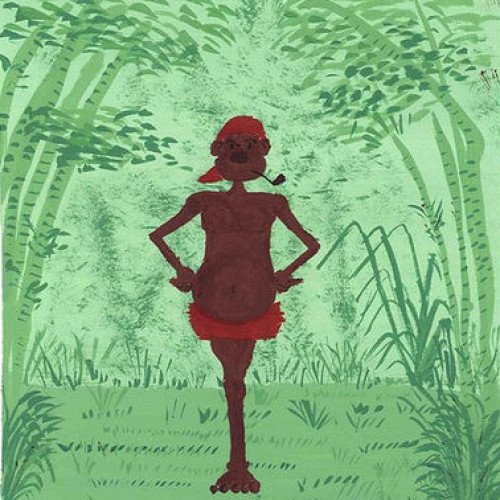Ababil (mythology) VS Saci (Brazilian folklore)

Ababil (mythology)
Ababil (Arabic: أبابيل, romanized: abābīl) means a flock of birds. It refers to the miraculous birds in Islamic belief mentioned in Sura 105 of the Quran that protected the Kaaba in Mecca from the Aksumite elephant army of Abraha, then self-styled governor of Himyar, by dropping small clay stones on them as they approached. In the translation of sahih international, the phrase "tayran abābīl(a)"(طَيْرًا أَبَابِيلَ) is translated as "Birds in flocks" that is mentioned in the verse 105:3. The event is said to have occurred in 570, the year that the Islamic prophet Muhammad was born.
Statistics for this Xoptio

Saci (Brazilian folklore)
Saci (pronounced [saˈsi] or [sɐˈsi]) is a character in Brazilian folklore. He is a one-legged black or mulatto youngster, who smokes a pipe and wears a magical red cap that enables him to disappear and reappear wherever he wishes (usually in the middle of a dust devil). Considered an annoying prankster in most parts of Brazil, and a potentially dangerous and malicious creature in others, he nevertheless grants wishes to anyone who manages to trap him or steal his magic cap. However, his cap is often depicted as having a bad smell. Most people who claimed to have stolen this cap say they can never wash the smell away. The legend says that a person can trap a Saci inside a bottle when he is in the form of a dust devil. There are several variants of the myth, including: Saci-pererê (pronounced [sɐˈsi pe̞ɾeˈɾe]), black as coal; Saci-trique (pronounced [sɐˈsi ˈtɾikɪ]), mulatto and more benign; Saci-saçurá (pronounced [sɐˈsi sɐsuˈɾa]), with red eyes. Saci-pererê is also the name of a Brazilian cocktail consisting of 60 millilitres (2.1 imp fl oz; 2.0 US fl oz) of cachaça and 45 millilitres (1.6 imp fl oz; 1.5 US fl oz) of honey, which is a home remedy said to be useful in treating the common cold.